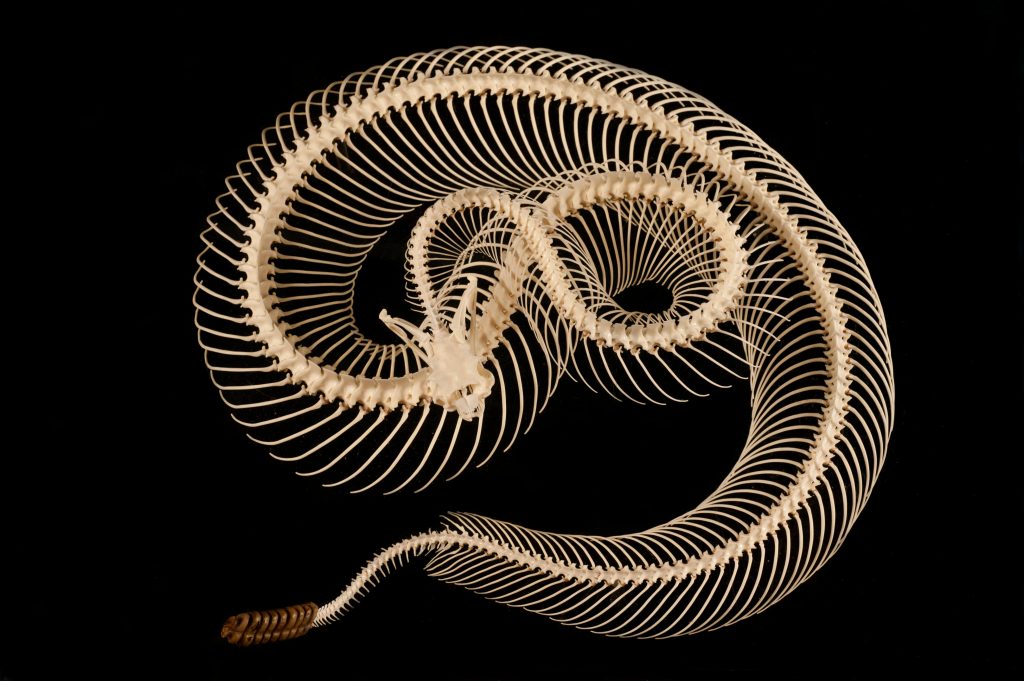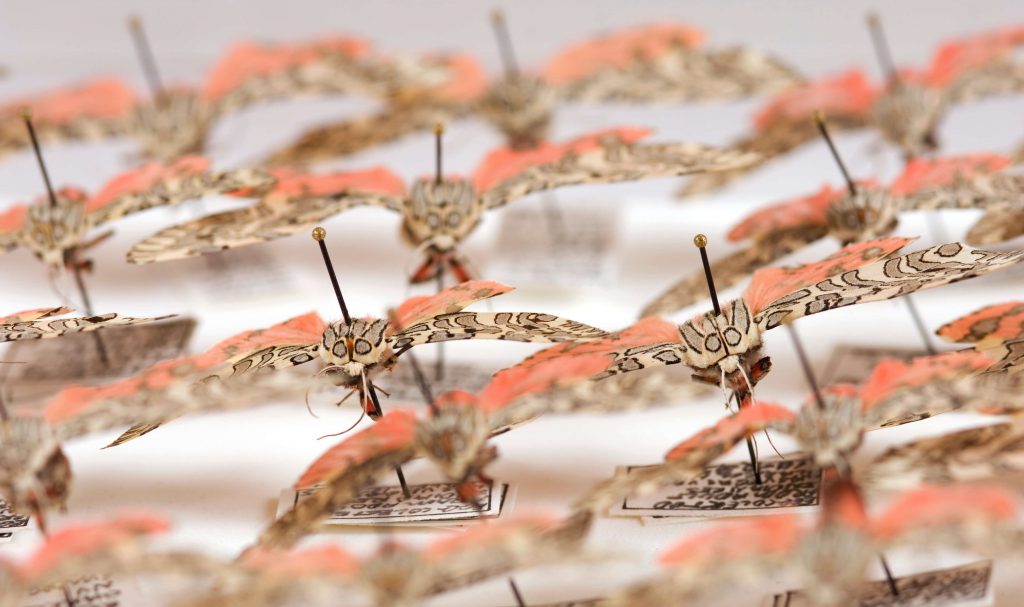The Biodiversity Collections Network or BCoN is a strategy and advocacy group that works to promote the use and expand the accessibility of biological collections and their data, and to extend their impact as critical infrastructure for research and education for the benefit of life on earth. BCoN emerged from a five-year national initiative funded in 2014 by the National Science Foundation to support the development of a new, sustainable community of practice to ensure that all U.S. biodiversity collections are digitally available for research, education, informed decision-making, and other scholarly endeavors.


Our Current Work
BCoN promotes the development of an Extended Specimen Network as a unifying goal for biological collections over the next decade. In collaboration with the American Institute of Biological Sciences and with support from the National Science Foundation (DBI Award No. 2303588), BCoN is organizing a series of virtual discussions with a wide range of stakeholders to initiate a collaborative and accessible partnership towards an integrative and expanded data network. Discussions will build on and bridge the Extended Specimen Network vision with other existing conceptual frameworks for data integration and application. This project aims to connect siloed biological and environmental data communities and augment existing initiatives to develop a consensus on the next steps for building an integrated, open, findable, accessible, interoperable, and reusable (BIOFAIR) data network. Join our mailing list to receive updates about the BIOFAIR Data Network project.
We invite all stakeholders to join BCoN in building a broader community vision for the future of biological collections.
